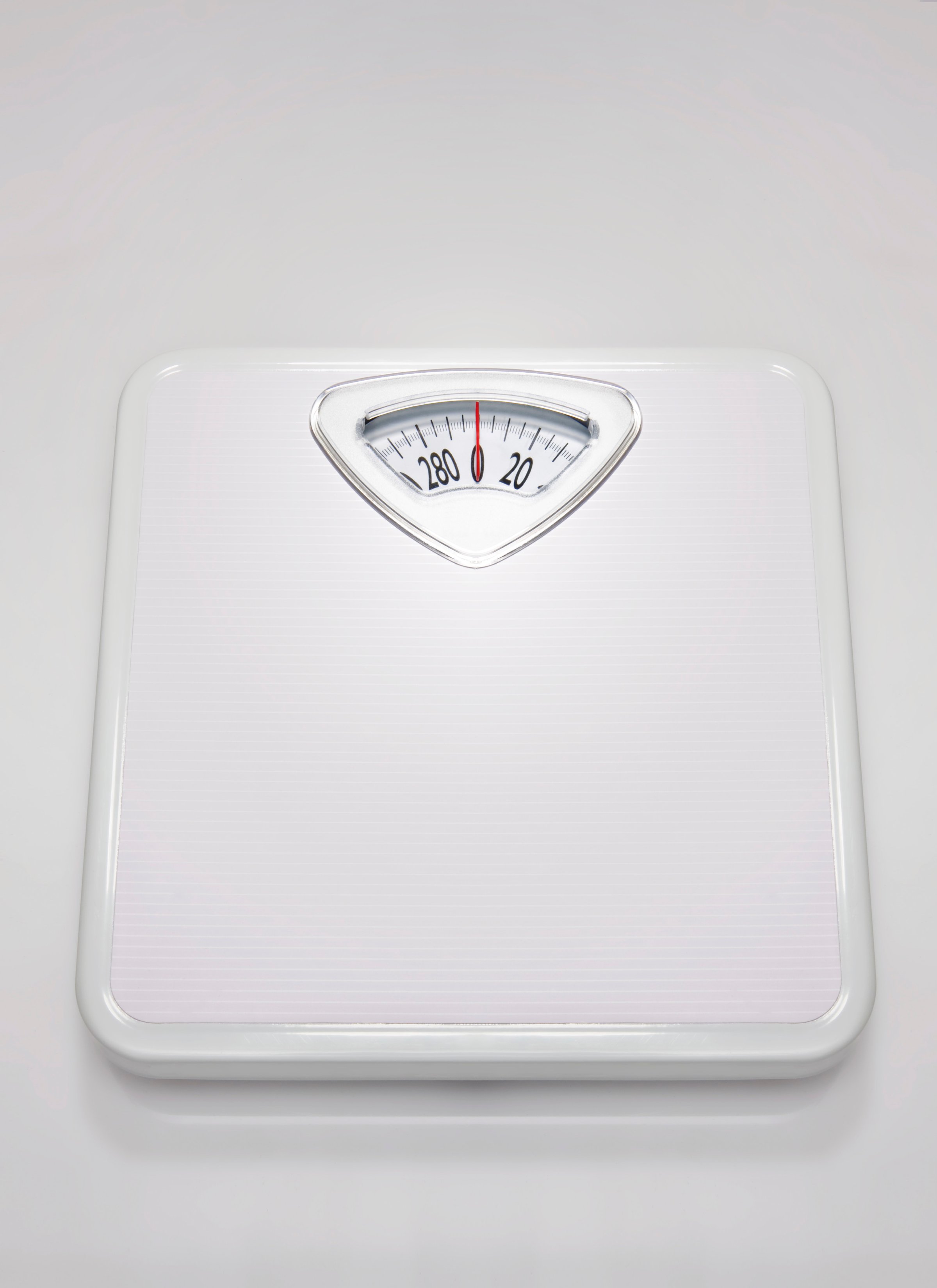
Weighing yourself frequently is linked to some negative health effects in teens, especially for girls, according to new research published in the Journal of Nutrition Education and Behavior.
Researchers led by Carly Pacanowski, a dietitian in nutritional sciences at Cornell University, studied 2,000 adolescent boys and girls in the midwest over 10 years. She asked the participants how often they weighed themselves and other questions to gauge factors such as their perceptions of body image and self-esteem.
“What we found was that females who weighed themselves more frequently had greater weight concerns,” says Pacanowski, who conducted the work while at University of Minnesota. They expressed more concerns about gaining weight and had thoughts about becoming thinner more often than others in the sample. They also reported lower self-esteem and said they felt more depressed and less satisfied with their bodies than those who didn’t weigh themselves as often. Boys who more frequently weighed themselves had similar negative effects, but the impact on self-esteem was less.
The findings raise an interesting dilemma for the weight loss community about how to balance the potential harm of regular weighings against popular advice to weigh yourself frequently to limit weight gain. “Adolescent obesity is a great public health concern,” says Pacanowski. “But at the same time, body dissatisfaction and self-esteem can be predictors of eating disorders. By investigating this connection, we hope that there will be better-designed studies to further identify people for whom weighing is not a great strategy and for whom other prevention methods may be more helpful.”
Her group plans to investigate ways to stratify people by how vulnerable they are to the negative effects of regular scale readings, but she says that physicians, as well as friends and family members, can also play a role. “At the clinician’s office, it’s easy to ask how often people are weighing themselves and ask how they are feeling and pick up on potential depressive symptoms,” she says. “Even beyond that, friends or parents can see if a teen unduly focuses on weight that there might be something else going on.”
More Must-Reads from TIME
- Cybersecurity Experts Are Sounding the Alarm on DOGE
- Meet the 2025 Women of the Year
- The Harsh Truth About Disability Inclusion
- Why Do More Young Adults Have Cancer?
- Colman Domingo Leads With Radical Love
- How to Get Better at Doing Things Alone
- Michelle Zauner Stares Down the Darkness
Contact us at letters@time.com